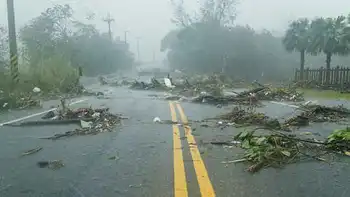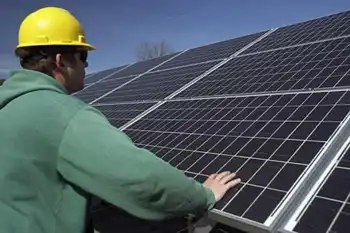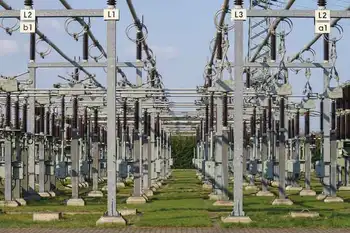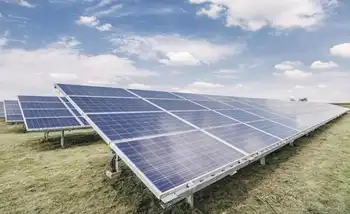ND regulators seek rule change on wind power costs
Montana-Dakota Utilities Co. and Otter Tail Power Co. estimate the current rules could drive up their customers' monthly bills by 18 percent to 30 percent annually.
If the problem is not remedied, it could undermine public backing for wind power development in North Dakota, Public Service Commissioner Tony Clark said. The state has more than 700 megawatts of wind generation capacity, with more than 3,000 megawatts of projects planned.
"What I would tell wind developers is, 'You'd better solve this,'" Clark said. "If you don't... the political support, which in North Dakota has been almost unanimous for wind, will evaporate."
A spokeswoman for the Midwest Independent System Operator, which is a regional electric grid manager, said the organization's members, wind energy companies and regulators have been discussing possible solutions.
"We're working with all the utilities that are concerned about cost allocation issues," said Mary Lynn Webster, a spokeswoman in Carmel, Ind., where the MISO is based. It includes 15 states and Manitoba province in Canada.
Montana-Dakota Utilities and Otter Tail Power have given notice that they may withdraw from the organization at year's end if the situation is not resolved, utility officials said.
The organization's rules say wind power companies that make requests to connect new projects to the electric service grids of Montana-Dakota and Otter Tail need to pay only half the cost of any transmission upgrades required by the new connection. Should a project require a new electric substation or power line, the utility and the wind power developer split the cost evenly.
Both utilities may be asked to connect with more wind energy projects than they need to satisfy their own customers' demands for power — and be forced to help pay the cost of those projects.
For Montana-Dakota, the MISO has pending interconnection requests for almost 2,900 megawatts of power, which is roughly six times the peak usage of MDU's system. There are almost 9,500 megawatts of requests for Otter Tail Power, which is about 13 times its peak.
MDU, which is based in Bismarck, has electric customers in North Dakota, South Dakota, Montana and Wyoming. Otter Tail, which is based in Fergus Falls, Minn., serves customers in the Dakotas and Minnesota.
Clark, Andrea Stomberg, Montana-Dakota's vice president for electric supply, and JoAnn Thompson, Otter Tail's manager for federal regulatory compliance and policy, met with Federal Energy Regulatory Commission officials in Washington, D.C., on Tuesday to discuss the issue.
The FERC must approve any cost allocation changes that the regional grid manager suggests before they take effect, Clark said. The officials went to Washington to brief federal regulators on the situation and to request speedy handling of suggested changes.
Clark said he believes independent power developers should pay the full cost of interconnecting with utility power grids and pass the expense along to their customers.
If North Dakota ratepayers have to shoulder extra costs for power they won't use, "people within North Dakota will really, I think, rebel against wind power," Clark said.
"They will see this power that's going for export," Clark said, "and all they see is their rates going up, to subsidize power being exported to Chicago."
Related News
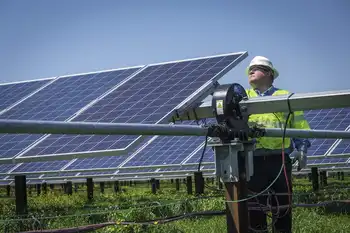
Duke solar solicitation nearly 6x over-subscribed
WASHINGTON - Last week the independent administrator for Duke’s 680 MW solar solicitation revealed data about the projects which have bid in response to the offer, showing a massive amount of interest in the opportunity.
Overall, 18 individuals submitted bids for projects in Duke Energy Carolinas (DEC) territory and 10 in Duke Energy Progress (DEP), with a total of more than 3.9 GW of proposals – more nearly 6x the available volume. DEP was relatively more over-subscribed, with 1.2 GWac of projects vying for only 80 MW of available capacity.
This is despite a requirement that such projects come in below the…

